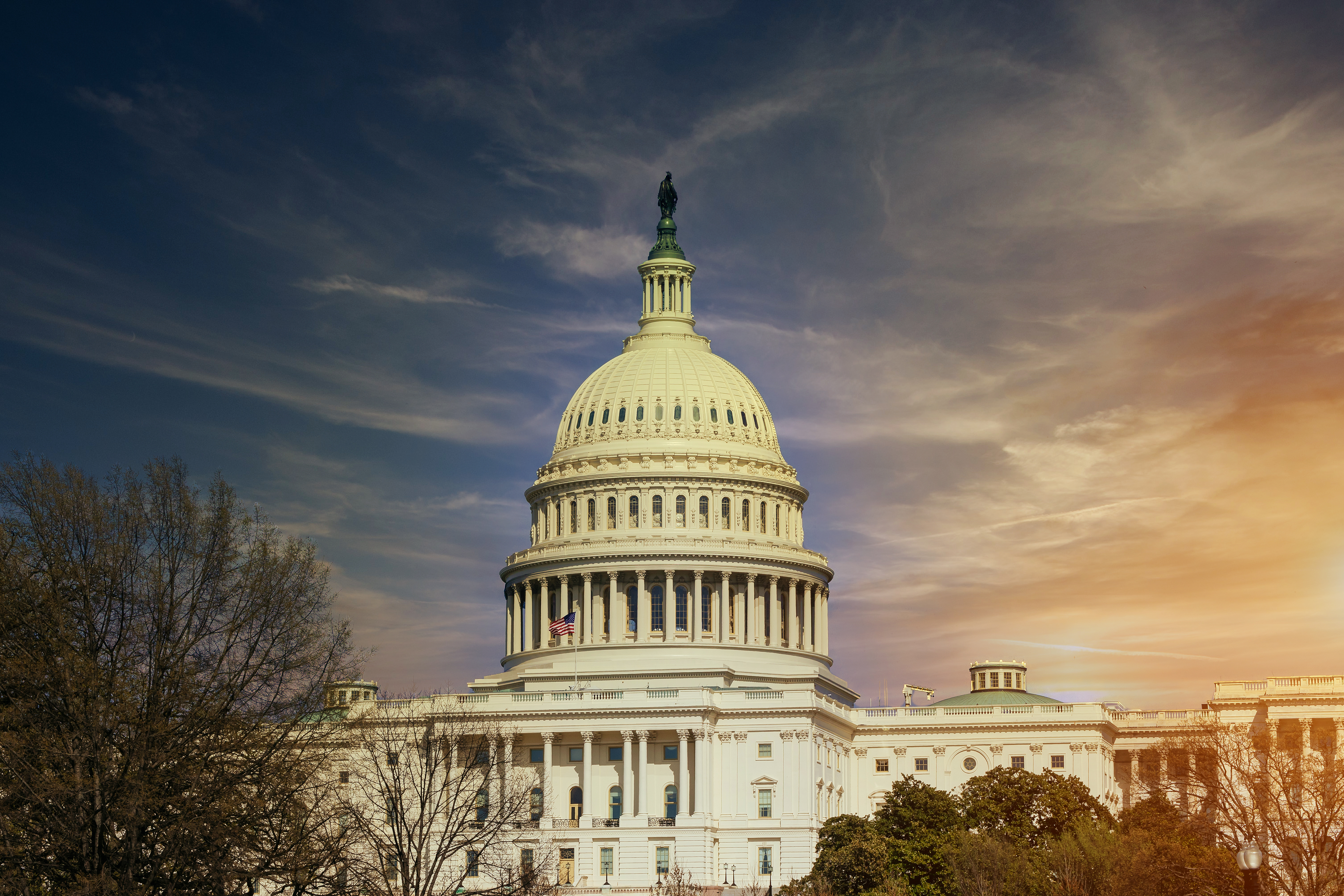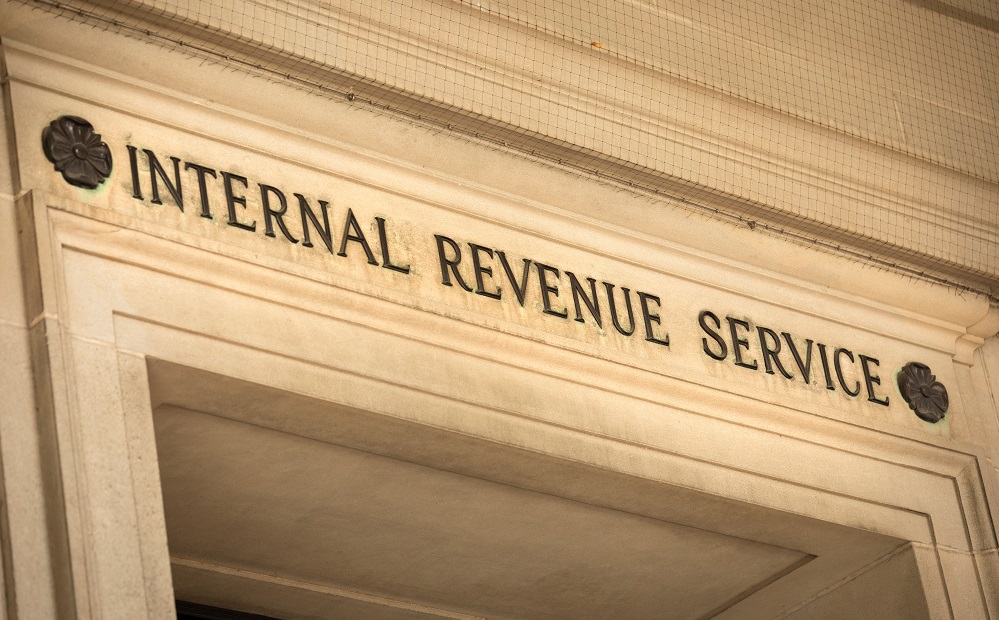New Speaker of the House Rep. Mike Johnson (R-LA) promised to establish a bipartisan debt commission to address growing federal debt and deficit concerns. The commission would focus on revenue (taxes), spending, and the central role of entitlement programs like Social Security, Medicare, and Medicaid. The federal debt reached $1.7 trillion in FY 2023.
Speaker Johnson has not provided the details for how and when the commission would be established, but it is expected it would be tasked with proposing legislation to bring the federal debt and deficit under control.
Key members of the House GOP Conference have expressed interest in the proposal. For example, House Rules Committee Chair Rep. Tom Cole (R-OK) said he is happy about the prospects for a discussion on entitlement solvency. “It’s something we’ve been pushing for years, personally, on Social Security, and it’s a matter that’s been bubbling up in the Budget Committee,” Cole said. “Look, the real drivers of the debt — and I’ve gotten hammered by the Democrats for saying the truth — are Medicare, Medicaid, Social Security. Throw in interest on the debt, that’s 70 percent of the money. Doesn’t mean you have to cut them, but you have to figure out how to refinance them or reform them.”
Generally, Democrats are skeptical about a process-driven entitlements reform discussion (which would include creation of a commission). They call it a way to avoid ultimate decisions about the structure of entitlements programs. Minority Leader Hakeem Jeffries (D-NY) has already announced his opposition.
There is one commission-creating proposal, H.R.5779, already pending in the House. It is a bill introduced by Rep. Bill Huizenga (R-MI). Under that bill, a 16-member commission consisting of six Republican lawmakers and six Democratic lawmakers, evenly divided between the House and Senate; and four non-lawmaker members chosen by Congressional leaders would be tasked to draft a balanced budget proposal “as soon as reasonably possible.” At a minimum, the legislation provides, the proposal should stabilize the debt-to-GDP ratio at no more than 100 percent within ten years. The legislation would also require that at least three commissioners from each party support the commission’s proposal, and that Congress would have to vote on it, quickly and without amendments.
A provision authorizing a debt/deficit commission was also included in the House budget proposal, and the House Budget Committee held a hearing on it last month.
Senate-side, on November 9, a bipartisan group of Senators introduced a debt commission bill that is very similar to the Huizenga bill. Sens. Mitt Romney (R-UT) and Joe Manchin (D-WV) are lead sponsors of a plan for a bipartisan, bicameral fiscal commission to deal with federal debt/deficit reduction. Sens. Kyrsten Sinema (I-AZ), Todd Young (R-IN), Cynthia Lummis (R-WY), John Cornyn (R-TX), Mark Warner (D-VA), Thom Tillis (R-NC), Jeanne Shaheen (D-NH), and John Hickenlooper (D-CO) are cosponsors of the bill. The bill includes provisions ensuring quick and procedurally smoothed consideration of any recommendations the commission transmits to Congress. It is another sign that deficit/debt reduction efforts are coming (and that means major risk for insurance and financial advisor interests)—probably not this year, but likely next year.
Prospects: These debt and deficit issues are likely to come to a head in 2025 (when the 2017 Tax Cuts and Jobs Act's individual/estate tax rules expire), but they will probably get a lot of play next year.
NAIFA Staff Contacts: Diane Boyle – Senior Vice President – Government Relations, at dboyle@naifa.org; or Jayne Fitzgerald – Director – Government Relations, at jfitzgerald@naifa.org; or Michael Hedge – Senior Director – Government Relations, at mhedge@naifa.org.






.png?width=600&height=90&name=Support%20IFAPAC%20%20(600%20%C3%97%2090%20px).png)
